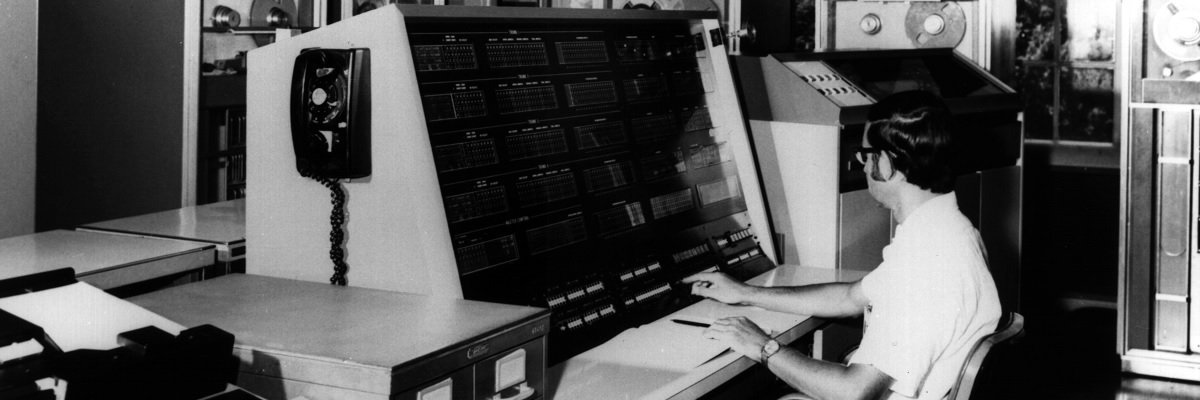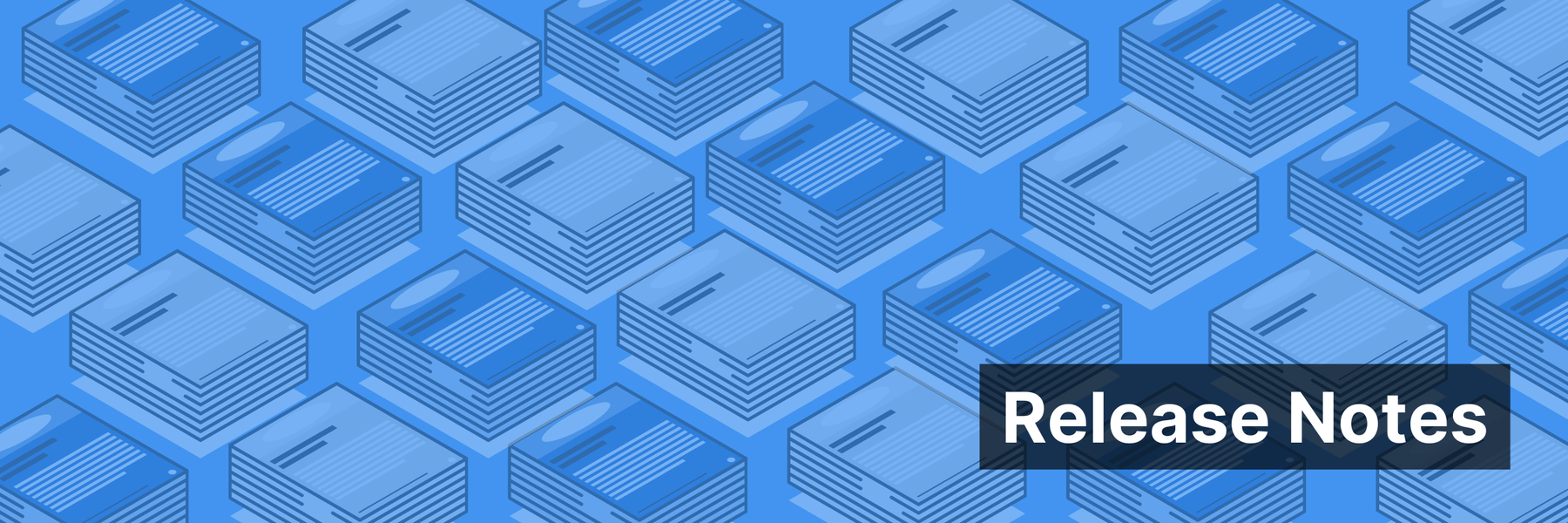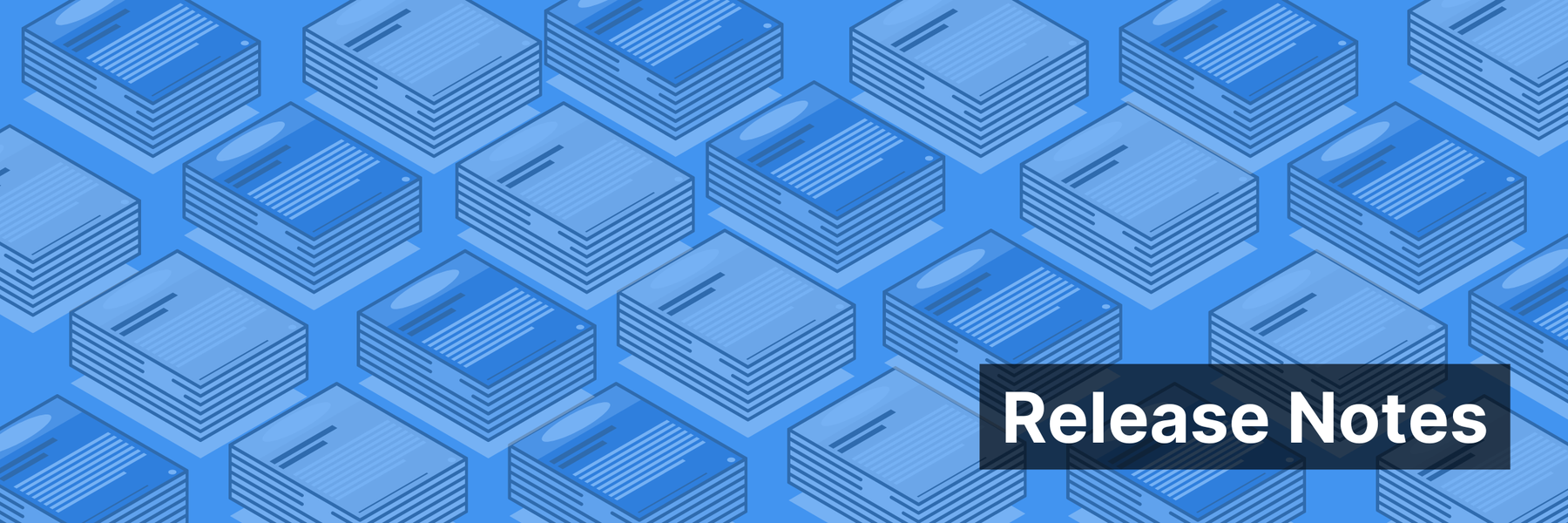Last week, we pushed out some small improvements in processing mail that we hope to deploy more widely soon. We also started refactoring GovLens, our open source government site monitoring tool. Finally, we’d love your feedback on a few features and tweaks we have in the works.
For previous site improvements, check out all of MuckRock’s release notes, and if you’d like to get a list of site improvements every Tuesday - along with ways to help contribute to the site’s development yourself - subscribe to our developer newsletter here.
Site Updates
Improved outgoing mail handling
We put a lot of work in behind the scenes to make MuckRock requests go smoothly, including mailing out requests where the agency or requester prefers that method. As you can imagine, this can be a pretty tedious process. With about a thousand letters each month, that’s a lot of folding, stamping, and sorting, so we’ve spent some time the last few weeks working on better ways to manage the process.
Fortunately, we’ve found a few key areas where we can further improve our processes, and now mailed requests will not only go out more quickly but will also be tracked.
This follows on starting to use certified mail for FOIA requests that included large checks, an experiment that has been working well so far. We’re hoping to roll out more visibility into how your requests are submitted, information we have on whether that letter (or email) has been received, and other useful metadata, while trying to keep the MuckRock interface as simple and accessible as possible.
We’re also looking into letting users specify if they want requests to go through registered mail — even when there’s not a large check — and other potential upgrade features.
For now, you shouldn’t notice much difference except some mail — and soon most mail — will be sent out more quickly.
Refactoring GovLens
Every Tuesday night, we gather in Cambridge with a group of coders, designers, and others who want to see more open government. The past few months, we’ve been mixing MuckRock’s agency database with a set of scanners and scrapers to help gauge the accessibility, mobile-friendliness, and security of America’s digital infrastructure.
We’ve dubbed the project GovLens. Last week, we began refactoring parts of the project so that the codebase is more accessible and organized for contributors.
You can find out more and join us by checking out Code for Boston’s website.
Request for comment: Handling rejections of non-resident requesters and public views of Assignment submissions
MuckRock’s source code is open source, but this week we’re trying something new: soliciting public feedback on features we’re working on.
This week, there are two features we’d love your thoughts on:
- Proxy handling: For states that bar out of state requesters, we have local volunteers and reporters help as the local residents. Traditionally, we’ve only included the names of these so-called proxy requesters, since the Supreme Court ruling found these filing arrangements passed Constitutional muster.
But only including the resident name can lead to confusion, so we’ve been exploring including both names and providing more clarifying language. You can read our proposal and leave a comment on Github.
- Public Assignments submissions: Since the beginning, we’ve been interested in letting people who launch Assignments make some of the submissions public, either to highlight good suggestions or let others build on collected data. We have a proposal detailing how we’re currently planning to implement this feature on Github open for comment
The key tenets of the proposal are complete clarity around what will be made public and giving users the right to identify (or not) as they choose and to easily change that decision.
We’ll be taking a look at the feedback on both of these issues and hope to continue doing more public solicitations for feedback.
Reporting bugs and submitting fixes
There are a number of other ways to help us continue to improve the core MuckRock site experience. We have a project and a weekly newsletter “Release Notes” that highlight everything we’re working on. Register to get a summary of site updates each week and details on open issues you can help with.
Check out some of our issues labeled “help wanted” for ideas on where’s good to start, or just pop into our Slack’s #Developers channel.
Subscribers to the weekly newsletter get exclusive data sets, FOIA-related scripts, and other transparency hacker tidbits exclusively for subscribers. You can subscribe to the newsletter at the top or bottom of this page.
If you spot a bug or have a feature request, you can also help by opening an issue on GitHub.
If you do, please search open issues first to make sure it hasn’t already been reported. If it has been reported previously, please leave an additional comment letting us know it’s an issue for you, particularly if you can provide more details about when it crops up or what you think is causing the problem.
In addition to the new newsletter, we have a developer channel on the MuckRock Slack.
Image via Wikimedia Commons




